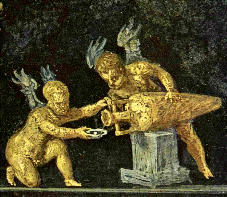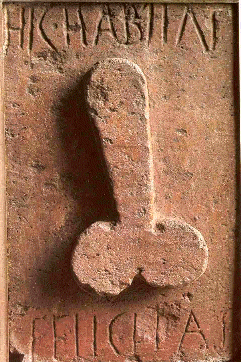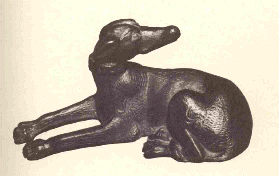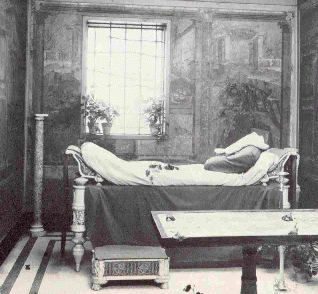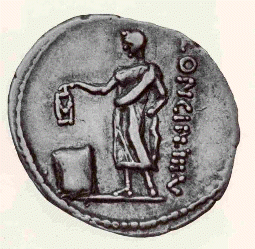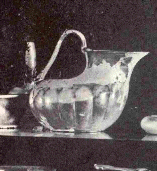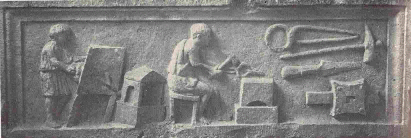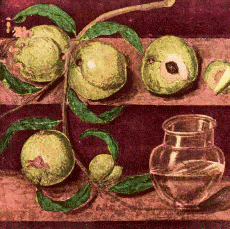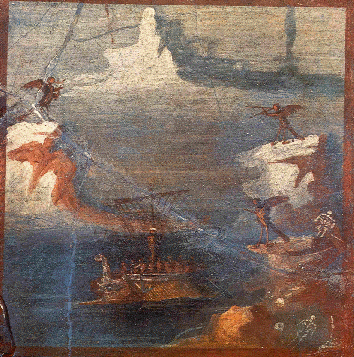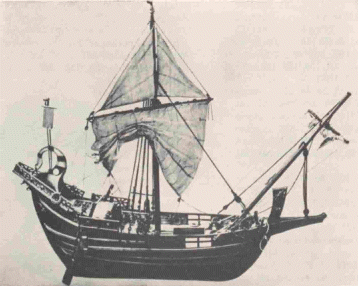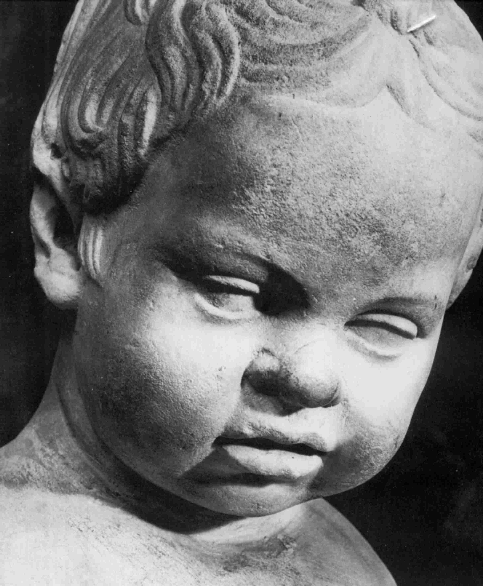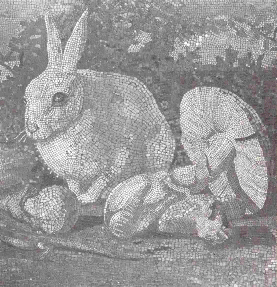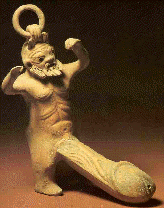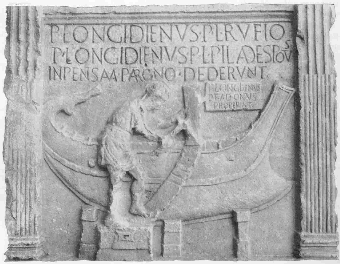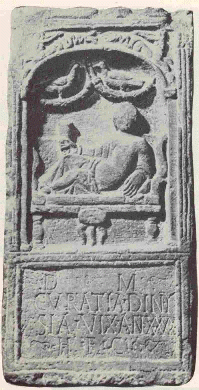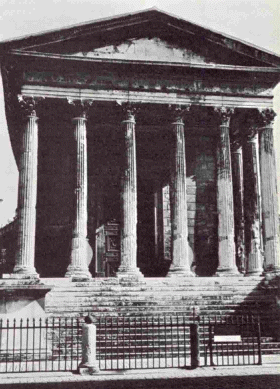|
|
|
|
Si memini, fuerant tibi quattuor, Aelia, dentes: expulit
una duos tussis et una duos. iam
secura potes totis tussire diebus: nil
istic quod agat tertia tussis habet.
|
|
|
If
I remember, you had had four teeth, Aelia: One
cough expelled two and one cough two. Now,
fearless, you are able to cough during everyday A
cough, in your situation, has nothing which is of the sort that it does.
|
|
|
If
memory serves, you used to have four teeth, Aelia: But
one cough knocked out two and another cough knocked out the other two. Now,
everyday, you can cough fearlessly. In
your case, a cough does nothing.
|
|
|
You
used to have four chewers. A
cough left you with fewer. Now
you’re a carefree cougher. No
threat a cough can offer.
|
|
|
If
memory serves, Aelia, four teeth had you, But
one cough, then two, spewed two teeth plus two. Now
you can cough everyday fearlessly For
no harm to you can a cough do.
|
|


